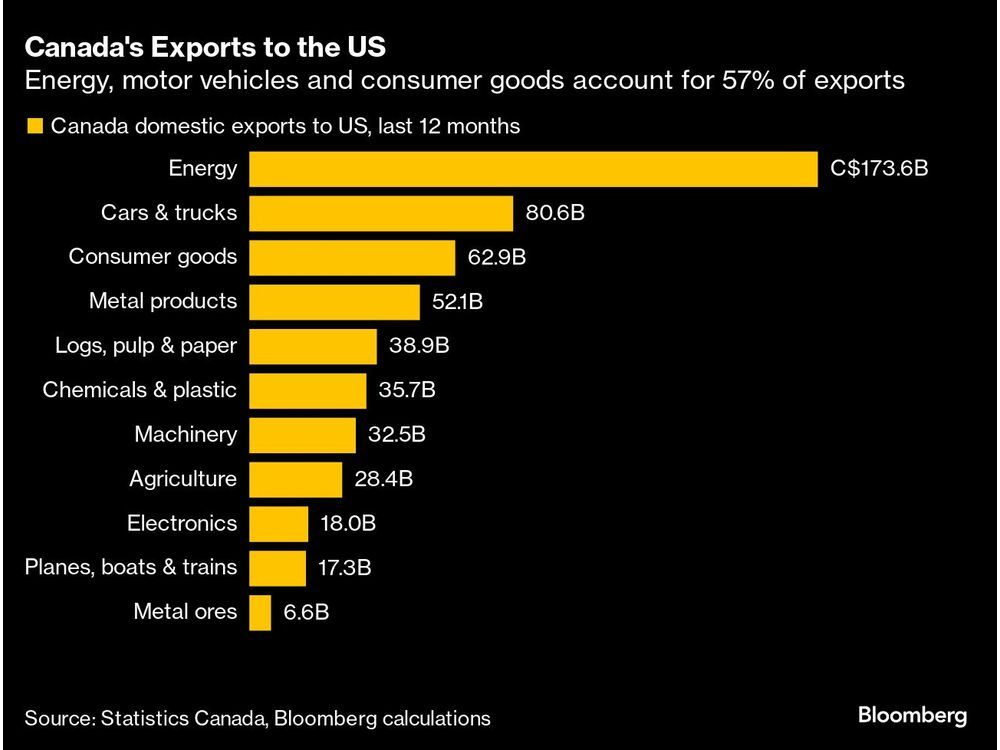More than three quarters say they will use the ‘slow shopping’ technique, survey finds

Article content

Article content
Article content
Faced with troubling economic conditions, Canadians are thinking strategically when it comes to their holiday shopping habits this year.
More than three-quarters of consumers are using the “slow shopping” technique of stopping to consider an item instead of making a rash buying decision, according to a new survey from the payment platform Affirm Canada Holdings Ltd.
Advertisement 2
Article content
Other strategies are being employed this holiday season as well, with 71 per cent spending more time to consider smarter choices and 60 per cent spreading their spending throughout the season.
Overall, 46 per cent of Canadians plan to spend less this year, while just eight per cent have increased their budgets, a recent survey by the Angus Reid Institute said.
Canadians have also embraced the buy now, pay later (BNPL) option, which offers consumers the chance to pay for an item over several months instead of right away.
BNPL spending is expected to grow by 14 per cent and hit US$6.7 billion in Canada this year, according to a report in August by Research and Markets.
The Affirm survey said 48 per cent of respondents pointed to their ability to effectively budget as their reason for using BNPL programs, while 42 per cent said low interest rates are an attractive part of the BNPL strategy.
“As Canadians take a more mindful, value-driven approach to holiday shopping, many are leaving credit cards behind,” Wayne Pommen, chief revenue officer at Affirm, said in a release. “Instead, they’re turning to flexible, transparent payment options that let them shop responsibly and enjoy the season.”
Another strategy Canadians are already considering is waiting until the federal government’s GST cut takes effect on Dec. 14 before making some purchases.
The GST cut includes several items that may be on many holiday shopping lists, including many food products, children’s toys and clothes, and video-game consoles.
Dan Kelly, president of the Canadian Federation of Independent Business, has been posting reactions on X from business owners who believe some consumers will wait until the tax holiday kicks in, effectively making the shopping season more condensed.
He has also heard from retailers that consumers may return some items already bought with the goal of buying them back once the tax changes kick in.
Article content
Advertisement 3
Article content
The CFIB is urging Canadians to spend more with small businesses.
“It’s been a tough year for small businesses across Canada, but we have a chance for a strong finish as the crucial holiday shopping season kicks off,” Ryan Mallough, CFIB’s vice-president of legislative affairs, said in a release.
“Where you shop can make a real difference. For every dollar you spend at a small business, 66 cents stays in the local economy. It’s not just a win for the business; it’s a win for the whole community.”
Sign up here to get Posthaste delivered straight to your inbox.

In the wake of U.S. President-elect Donald Trump‘s announcement of 25 per cent tariffs on all Canadian exports, business and political leaders agree that pain will be felt on both sides of the border if the promise comes to fruition.
That said, Canada’s energy, automotive manufacturing and consumer goods sectors have the most at risk, having sent more than $320 billion worth of goods combined to our southern neighbour in the past 12 months. Overall, exports from the three sectors amounted to 57 per cent of all of Canadian exports to the U.S. in the last year.
Advertisement 4
Article content
- Today’s Data: U.S. real third quarter GDP
- Earnings: Macro Bank Inc., Frontline Plc, Spire Global Inc.

Recommended from Editorial
A financial plan can help keeping track of financial goals, incorporating the key areas of personal finance: retirement, tax, investment, insurance, estate planning, and how much earn, spend, and borrow. But how often should such a plan be updated? Jason Heath, a fee-only, advice-only certified financial planner (CFP) at Objective Financial Partners Inc., says a financial plan should be updated whenever a big life event occurs, including buying a home, getting married or having kids. Read more here.
Advertisement 5
Article content
Build your wealth
Attention Canadian savers: You might live to 100. Do you have enough wealth to get there? Here’s how to take longevity risk into account in your financial planning.
Are you a millennial or younger, or know someone who is, who wants to build long-term wealth? E-mail wealth@postmedia.com.
McLister on mortgages
Want to learn more about mortgages? Mortgage strategist Robert McLister’s Financial Post column can help navigate the complex sector, from the latest trends to financing opportunities you won’t want to miss. Plus check his mortgage rate page for Canada’s lowest national mortgage rates, updated daily.
Financial Post on YouTube
Visit the Financial Post’s YouTube channel for interviews with Canada’s leading experts in business, economics, housing, the energy sector and more.
Today’s Posthaste was written by Ben Cousins, with additional reporting from Financial Post staff, The Canadian Press and Bloomberg.
Have a story idea, pitch, embargoed report, or a suggestion for this newsletter? Email us at posthaste@postmedia.com.
Bookmark our website and support our journalism: Don’t miss the business news you need to know — add financialpost.com to your bookmarks and sign up for our newsletters here
Article content












